In this issue, we take a look at the reunification of Germany while simultaneously discussing International Relations theory. Thank you for subscribing, and if you enjoy reading this, please forward the newsletter to your friends. ~ Kevin
Most of us can probably recall seeing the images of the graffiti-covered Berlin Wall coming down in 1989. This month marks the thirtieth anniversary of the reunification of Germany, a very important event in European history as well as in global political relations.
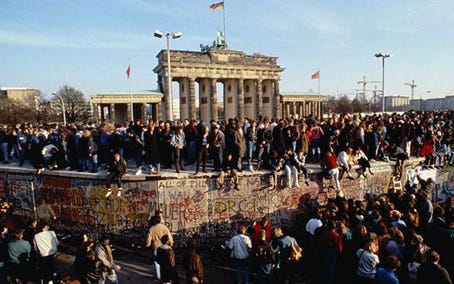
A unified Germany and a broken Soviet Union, and its allied Warsaw Pact countries, created an environment of economic growth and the continued influence of the West. And that environment has continued throughout the following decades. In fact, at a scaled-down ceremony last week, Germany’s president declared, that the present is “the best Germany there has ever been.”

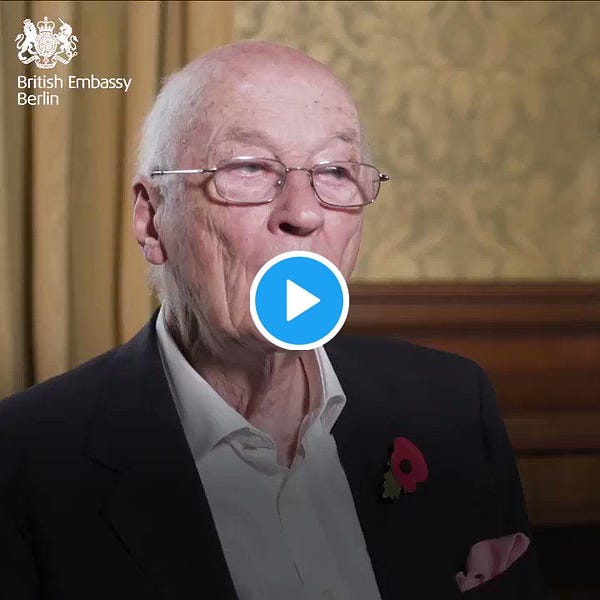
But what had unified Germany earlier in its history? Many point to the acts of Prussia’s leader, Bismarck, and his role in the Franco-Prussian war, which Prussia won. In that process, he consolidated an order of seemingly disparate German states. As the U.S. State Department history says, “The third and final act of German unification was the Franco-Prussian War of 1870-71, orchestrated by Bismarck to draw the western German states into an alliance with the North German Confederation. With the French defeat, the German Empire was proclaimed in January 1871 in the Palace at Versailles, France.”
What reunified Germany? As we know Germany was divided by the East and West during the Cold War. There continues to be a debate on the sources of the unraveling of Eastern Block countries as well as the Soviet Union. Some suggest it was the decline of the Communist system. Others, in a related matter, suggest these decades of decline undermined the system from within and it imploded. Still others suggest it was part of the tension drawn from the conflictual relations with the U.S. that led to poor choices, or that Gorbachev’s efforts to open up the country politically set up a condition for unraveling. Some say the unraveling of the Soviet Union was due to their fighting in Afghanistan. I put very little weight in the last point, but I do see a case for it being a confluence of the other factors. It is important to remember that while there was an internal decline in the U.S.S.R., the Eastern European countries were behaving more autonomously, and they did not suffer all the negative repercussions that they experienced from the Soviet Union decades before. Perhaps the most memorable element of this unraveling was the fall of the symbol of division, the Berlin Wall.
However, when the wall fell there was a robust debate on how the political arrangement should be handled. Many Europeans were uneasy with the prospect of a unified Germany, in light of the painful memories of World War I and World War II. While others, including President Bush, were strong proponents of reunification. It might be helpful to visit some theoretical ideas that feed into this debate.
The purpose of this account is to look at how much has transpired in the period, as well as how consequential specific factors are. A lot of us look at the relations in politics (including those that are international) and focus on the traits and perspectives of individuals interacting with other individuals and producing specific outcomes. As Kenneth Waltz said under this perspective, “the locus of the important causes of war is found in the nature and behavior of man. Wars result from selfishness, from misdirected aggressive impulses, from stupidity.”
However, the reality (as Waltz would argue) is much more complicated. We can look at a country’s behavior based on their traits or consider that they operate in a global system where they influence and are influenced by other countries. The influences range from diplomacy and commerce to culture and war. These forces are specifically guided by the relative power of other countries. To distill this in a different way, we can look at individuals and how their minds work to explain their behavior, or we can look at the society they operate within. Both are interesting and helpful perspectives and I think that external frame provides a lot of insight into the relations between countries.
With this in mind, we can see this system of relations among countries and things look somewhat different. The reunification of Germany and the fall of the Soviet Union take on added importance. Although today we take the matter for granted, at the time many realized how important it could be. The world shifted from having two great powers (the U.S. and the Soviet Union) to a situation in which, for decades, the United States has been the only great power.
Today we see a clear transition to multiple levels of differing power where it most prominently features the United States and China. However, German and European unification is a significant economic force, although nearly all the members are in alliance with the U.S. in NATO. Nevertheless, there are at least three main units in economic power. Russia, of course, adds to the complexity through its nuclear arsenal.
This perspective may not help us predict the motives of individual leaders, but it does help create a framework to understand the environment they operate within. We will continue to talk about global politics in the months ahead in this context. Hopefully, that can help discourage us from thinking myopically about our complex world.
Quote:
“Some students of international politics believe that realism is obsolete. They argue that, although realism’s concepts of anarchy, self-help, and power balancing may have been appropriate to a bygone era, they have been displaced by changed conditions and eclipsed by better ideas. New times call for new thinking. Changing conditions require revised theories or entirely different ones. True, if the conditions that a theory contemplated have changed, the theory no longer applies. But what sorts of changes would alter the international political system so profoundly that old ways of thinking would no longer be relevant? Changes of the system would do it; changes in the system would not.” ~ Kenneth N. Waltz
News:

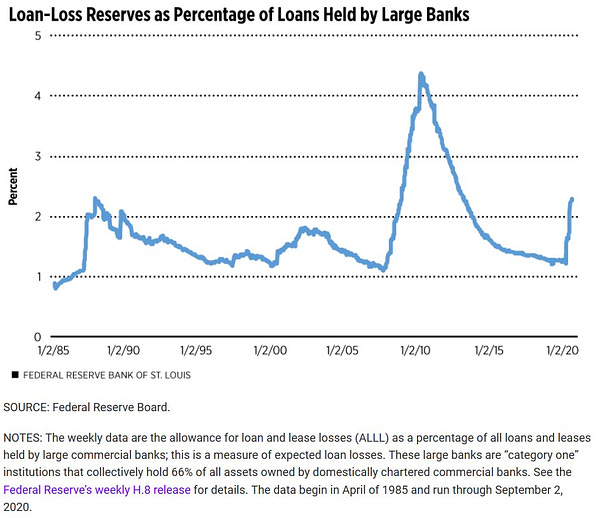

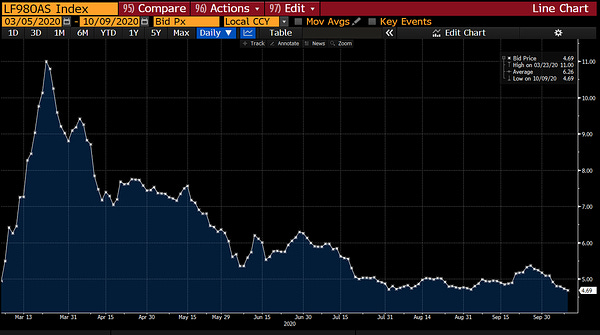

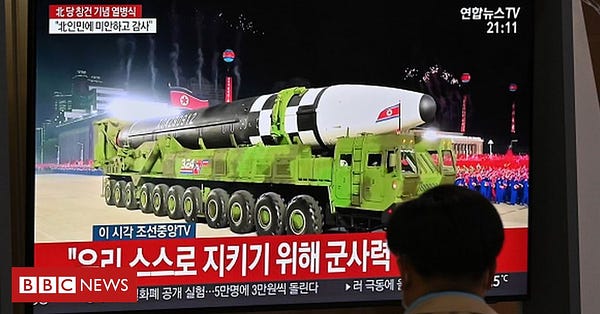
I am enjoying the chance to share these newsletters with you in the form of the new podcasts and appreciate your continued feedback. You can reply to this email or leave your comments below. I sincerely enjoy chatting and learning what folks think. Thank you ~ Kevin






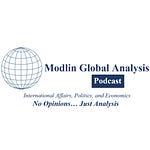



German Reunification